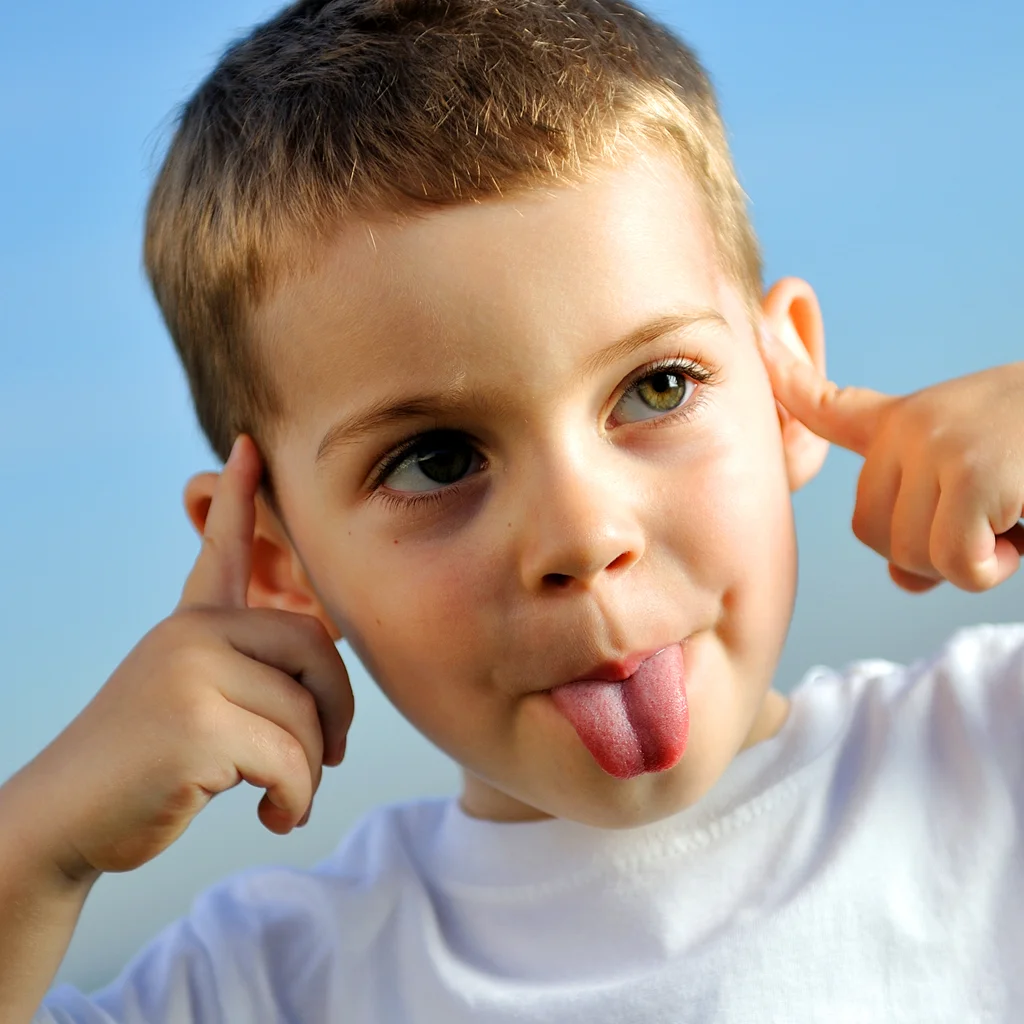An introduction to the GOOD PUPPY Behavioral & Emotional System for children, ages 3 to 9. A guide to improving parenting through awareness, motivation and the understanding of emotions.
Read MoreINTRODUCTION: IMPROVING CHILD BEHAVIOR
Setting off on this journey guided by the light that the title of this book has to offer, has brought much needed clarity to some shadowy corners of the learning experience that is parenting.
Read MorePARENTING REQUIREMENTS: IMPROVING PARENTING SKILLS
Just like any job, raising a child comes with a list of requirements. It is probably the longest list of all, since it entails full responsibility for a human being’s life.
Read MorePATIENCE: A BASIC REQUIREMENT FOR IMPROVING PARENTING SKILLS
Why would you start a book with “patience”? Can we get any more boring than that? But this passive action holds the key to making good decisions and is the essential ingredient for the next six requirements.
Read MoreSENSITIVITY: HELP CHILDREN QUESTION RULES UNTIL THEY UNDERSTAND THEM
Sensitivity builds trust and reinforces bonding. When children feel understood and respected they feel confident with who they are. Awareness of their limitations will put you more in tune with their personalities and help you find the best way to communicate with them.
Read MoreATTENTION: GIVING CHILDREN WHAT THEY NEED
Like the warmth of the sun, think of attention as the nurturing energy radiating from your eyes. Now think of your emotions as the frequency selector. Some stations are harmonious, raising spirits. Others exude negativity and limitations. Before you pay, give, or focus your attention on your child, your spouse or anyone, even yourself, check the station you’re tuned into.
Read MoreCOMMUNICATION: AVOIDING JUDGEMENTS & TABOOS TO BUILD CHILDREN'S TRUST
Patience, sensitivity and attention become a two way street in communication. From “what” to say to “how” to listen, communication is the lifeline of the family unit. A family that communicates well builds healthy, solid bonds that provide children the safety they need to develop self-confidence. Avoiding judgments and taboos creates a trusting environment, which allows children to openly discuss their feelings and ask questions freely.
Read MoreMOTIVATION: BUILDING SELF-ESTEEM WITH INCENTIVES CHILDREN CAN WORK TOWARDS
Have you ever heard of people who can’t find a reason to wake up in the morning? That is a serious sign of depression or serious lack of motivation. As our interests in life change, so do our motivations. But every action begins with an incentive and a motivation to do it.
Read MoreCONSISTENCY: AN ESSENTIAL PARENTING SKILL
Consistency equals stability and is a key and defining factor for the solid structure children seek. Imagine that structure as an invisible house. If you tell the child that the door is here and the window is there, and where the walls are, the child can imagine the invisible house and play along. The clearer you make that invisible house, the easier it will be for children to adjust to it and find their place within it.
Read MoreCOURAGE: LETTING YOUR HEART GUIDE YOUR PARENTING
Lying dormant amongst patience and confidence, courage dreams of waking up. Courage wants to prove itself. Courage wants to let us know who we are. In making its presence known when overcoming challenges, downfalls, fears and limitations, courage propels us.
Read MoreRECOGNIZING YOUR PARENTING STYLE: EXPECTATIONS & NURTURING
Beliefs and attitudes towards raising a child make up a parenting style. How high parents’ expectations are, how responsive and nurturing parents are, how much freedom children are allowed, define a style. Since a parenting style is not something we choose, but a result of our own awareness, our own history, capacity and values, distinguishing your own style will help improve your parenting. To quickly assess each parenting style we have rated them based on the four simple descriptors mentioned.
Read MorePERMISSIVE PARENTING: SOMETHING TO THINK ABOUT
Mostly described as indulgent and non-directive, this parenting style may be a choice for people who grew up without structure and limits themselves. Others that may fall right into this parenting style are children of authoritarian parenting, who try to compensate for what they deem as their parents’ failures by not setting limits nor behavioral expectations and indulging their children’s every whim.
Read MorePOSITIVE DISCIPLINE PARENTING: JUST STAY POSITIVE!
Encouraging good behavior is the proven and most positive approach to behavior management. Behavioral issues can come up as a result of many different factors; dealing with them under a positive, instructive and constructive light will help in the child’s development, stimulate his reasoning ability and grow his self-esteem.
Read MoreACTIVE LISTENING PARENTING: YOU'LL NEED MORE THAN ALL EARS
The first form of communication with children is listening to them. It starts with crying for food, a diaper or sleep. Listening to your children’s needs and trying to understand their cries for help, should never stop. Once the child learns to speak, parents tend to forget that children are still mostly incapable of communicating properly, especially about ethereal and non-physical matters, such as feelings.
Read MoreAUTHORATIVE PARENTING: NOT THE AUTHORITARIAN PARENTING STYLE IT SOUNDS LIKE
Authoritative Parenting, a very different style from Authoritarian Parenting, is a delicate balance of discipline and nurturing with high expectations that earn trust and freedom. A good recipe for independent, well-balanced children with a strong self-image and little trouble adjusting to new or demanding situations.
Read MoreAUTHORITARIAN PARENTING: SOMETHING TO RECONSIDER
Usually culturally passed on, Authoritarian Parenting is the style of choice for children of toxic parenting. Phrases such as “Because I told you so” are a product of this parenting style. This attitude expects children to adhere to rules without understanding them, usually driven by fear. The only thing children are learning is to respect authority and to follow orders. These children’s minds are not being nurtured.
Read MoreWIKI PARENTING: A SOMETIMES EXHAUSTING BUT REWARDING STYLE
In the age of information, where children pick up an iPad at the age of two, parents need to update to what we have recently coined as Wiki Parenting.
Read MoreCAUSES FOR CHILD MISBEHAVIOR: WHERE TO START?
Misbehavior is the last judgment to a trail of events. Children should be considered innocent until proven guilty. Actual intentions need to be discovered and feelings unearthed to dig out the true causes for behavior for a fair judgment to be made.
Read MoreCHILDREN'S DIET & FOOD SENSITIVITIES: MOODS MAY BE CAUSED BY FOODS
Everything we eat affects the chemistry of our bodies. To a certain degree, most of what we eat is toxic. It is how our bodies deal with those toxins, that determines whether we can eat it or not. Some of the effects of those toxins and our bodies’ own reactions to them, can manifest as skin rashes, inflammation, digestion problems or a low immune system, and some can lead to long term health problems.
Read More








What Does It Take To Do A Good Parenting Job?
Just like any job, raising children comes with a list of requirements. These requirements allow for a positive parenting experience, beneficial to everyone. But while anyone may muster up some of these traits, it is mastering them that will turn them into parenting super powers.